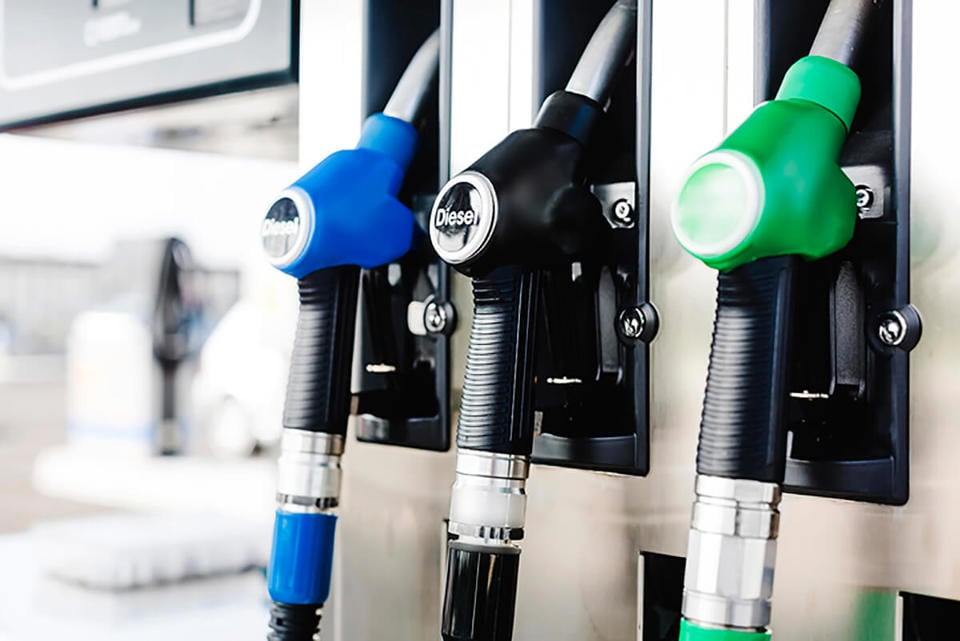Petrol and diesel prices have risen by roughly 50% in the last five years and there is every reason to expect that they will increase by the same amount before 2016, says CFC Solutions.
Currently, depreciation is the most expensive cost for a typical 2.0 litre upper medium petrol company car at around 25 pence per mile with fuel costs around 16 pence. Depreciation is unlikely to change substantially within the next five years, says CFC, so it is very likely to be overtaken by fuel costs.
Neville Briggs, managing director at CFC Solutions, explained: “Depreciation has been by far the highest cost in company cars since anyone seriously started measuring whole life costs on a pence per mile basis in the 1970s.
“Being overtaken by fuel would represent a complete change in fleet economics and could cause a paradigm shift in fleet management thinking.”
Briggs added that continuing increases in the cost of petrol and diesel could mean a change in priorities when it came to management priorities.
He said: “There could be a number of effects. Firstly, there could be an increased accent on reduced fuel use through active journey management including car sharing, and on improved driving techniques.
“Secondly, there could be a much higher than anticipated degree of take up for the new wave of alternative fuel vehicles, such as EVs. They have a completely different cost profile compared to a conventional vehicle with a higher upfront cost but the pence per mile fuel costs are much reduced.
“Also, the continued political pressures felt in the Middle East could shorten this cycle by an amount which is nearly impossible to predict. Those able to reduce fuel use within their business operations should do so as soon as possible and consider additional fleet investment to lessen the impact.”

















adamrollins - 14/03/2011 11:57
It is essential that companies are able to measure their actual fuel usage in order to control costs as fuel inflation runs ahead of general inflation. Any company that reimburses drivers at AFR rates is unlikely to understand how much fuel they actually use. The only way to manage this cost is for companies to have a system to collect all fuel purchase data and assign this to business and personal mileage. It is then possible to make informed operational decisions on fuel usage. Adam Rollins, Midas FMS. www.midas-fms.com